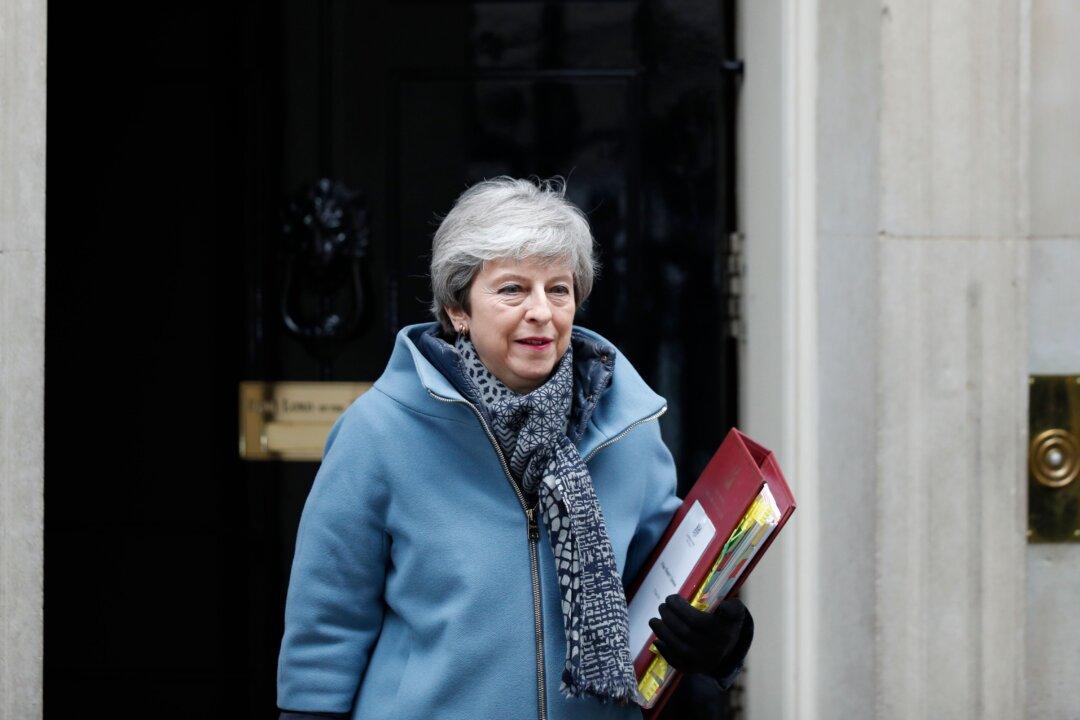WhatsApp has announced it will ban people under the age of 16 from using its service in the European Union.
Following changes in European data privacy rules coming into force next month, European users will now be asked to confirm they are at least 16 years old when they agree to new terms of service.




